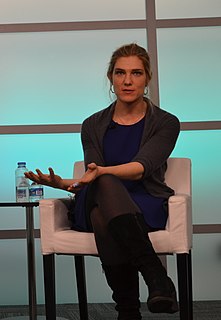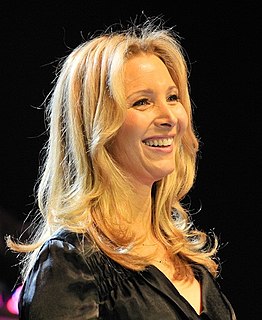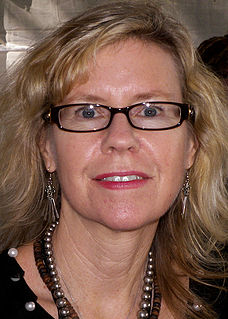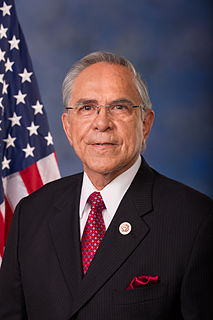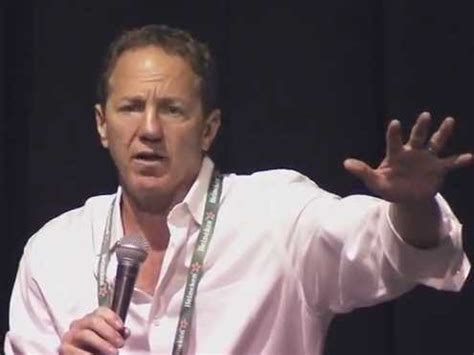A Quote by Priyamvada Natarajan
My students may have dexterity with the equations they're required to know, but they lack the capacity to apply their knowledge to real-life problems. This critical shortcoming appears in high school and possibly in elementary grades - long before college.
Related Quotes
Think, for a moment, about our educational ladder.
We've strengthened the steps lifting students from elementary school to junior high, and those from junior high to high school.
But, that critical step taking students from high school into adulthood is badly broken. And it can no longer support the weight it must bear.
You know, students who major in elementary education - they're going to be grade school teachers - they have the highest rates of math anxiety of any college major. And they bring that into the classroom. So you find students being introduced to math concepts by teachers who may have not only a lack of training but also a lack of enthusiasm about math.
For some students, especially in the sciences, the knowledge gained in college may be directly relevant to graduate study. For almost all students, a liberal arts education works in subtle ways to create a web of knowledge that will illumine problems and enlighten judgment on innumerable occasions in later life.
More than half of my former students teach - elementary and high school, community college and university. I taught them to be passionate about literature and writing, and to attempt to translate that passion to their own students. They are rookie teachers, most likely to be laid off and not rehired, even though they are passionate.


